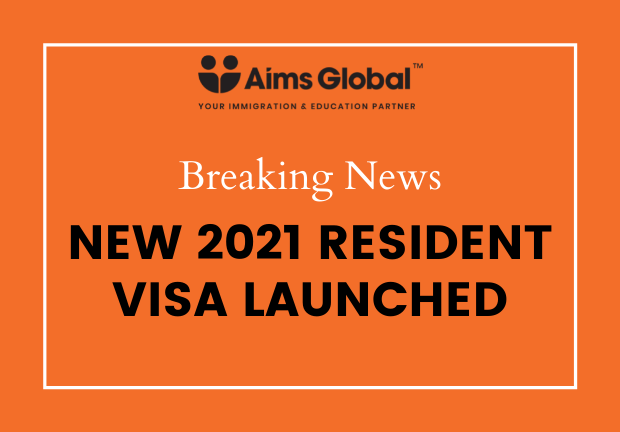October 2021 - A Month of Unprecedented Immigration Changes
07 October 2021This has got to be the most incredible time in New Zealand’s immigration history. Not only are the Talent (Accredited Employers) and Long Term Skill Shortage List (LTSSL) work visas officially set to end on the 31st of October, but on the 30th of September, the Minister of Immigration Kris Faafoi introduced a new one-off residence visa pathway that 165,000 migrants currently in New Zealand could be eligible for.
Minister Faafoi described this visa as “something employers have asked for and we are delivering. Employers will now have the opportunity to retain their settled and migrant workers, reflecting the critical part they play in our economy, essential workforce and communities.”
And although this new residence pathway provides much-needed relief for the migrant workers who are eligible, it also has far-reaching implications for NZ businesses.
At a high level, this new visa is open to migrant workers who met certain criteria as of 29 September 2021. It will also be available to some critical purpose visitor visa holders who are able to arrive in NZ before 31 July 2022.
Applications for this visa open on 1 December 2021, and close 31 July 2022 - giving eligible migrants between five to eight months to submit their applications for residence.
The Importance of Temporary Work Visas
Although this visa is a top priority for Immigration New Zealand, it is likely that eligible applicants will not receive a decision for about 12 to 18 months. And in order to remain - and work - lawfully in NZ, all applicants must hold current temporary work visas until their residence is granted. Essentially, if your employees' work visas are due to expire in the interim, your employees must seek and be granted another appropriate visa to continue working for you.
Even by applying for this residence, it does not mean they are automatically granted the right to work. That privilege - until residence is granted - comes from a work visa. It is very important for businesses to only employ people who are entitled to work for them and hold an appropriate visa. INZ considers this to be as much an employer's responsibility as the employee’s.
31 October - The End for Two Popular Work Visas
Both the ‘Talent (Accredited Employer) and Long Term Skilled Shortage List (LTSSL) Work Visas will end on October 31st. For many, the closure of these two work to residence visas meant their chance to seek residence would also be eliminated.
However, all this changed with the introduction of the 2021 Resident Visa. If your employees had previously been unable to jump on the work to residence pathway, they can rest easy knowing there is another possible option open to them - but they must ensure they meet the requirements!
Essential Skills Work Visa - A Necessity for Employers
After the 31st of October - NZ employers will only be able to support migrant workers on one type of visa - the Essential Skills Work Visa.
At a high level, the Essential Skills Work Visa (ESWV) is a temporary work visa that individuals can apply for only after they have a job offer from an NZ employer, and have the necessary experience and qualifications to fill that job. And unlike the Work to Residence visas, under the ESWV a worker can qualify for a work visa at any salary level.
So whether each of your employees hold a Talent Visa (submitted while the category is open), , an Essential Skills Work Visa, or any other temporary work visa - it is imperative that your employees hold valid and appropriate work visas at all times. While holding a resident visa puts a migrant worker on equal footing with New Zealanders and their work rights, until they reach the point of residence, it is the responsibility of you as the employer to ensure that only persons with valid visas are hired and employed by your organisation.
Understanding These Visa Pathways Is Critical
With so many immigration changes taking place, it may not be apparent to your employees which visa they can apply for, when they can submit their different visa applications, and the requirements they have to maintain for immigration compliance. The introduction of the new 2021 Resident category may confuse them further, especially if they are now eligible for multiple categories of residence.
Learn more about how these recent changes could impact your organisation. We invite you to join us for our upcoming virtual panel event: Immigration, Border, Skill Shortage: What’s Next for Employers and Recruiters? which will take place Wednesday, 20 October from 12 - 1pm with representatives from INZ, Auckland Business Chamber, and RCSA (Recruitment, Consulting & Staffing Association of Australia & NZ).



.jpg)